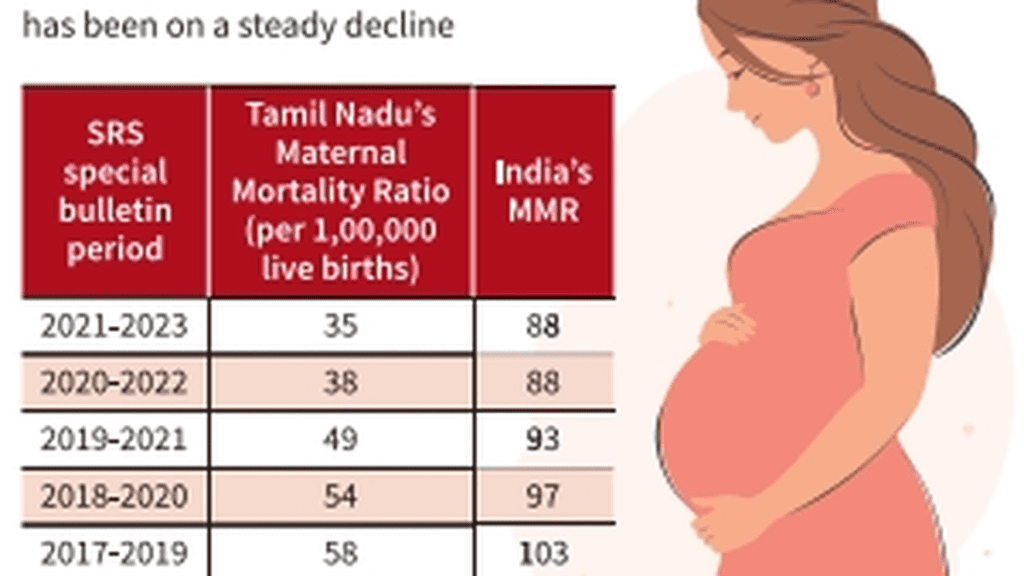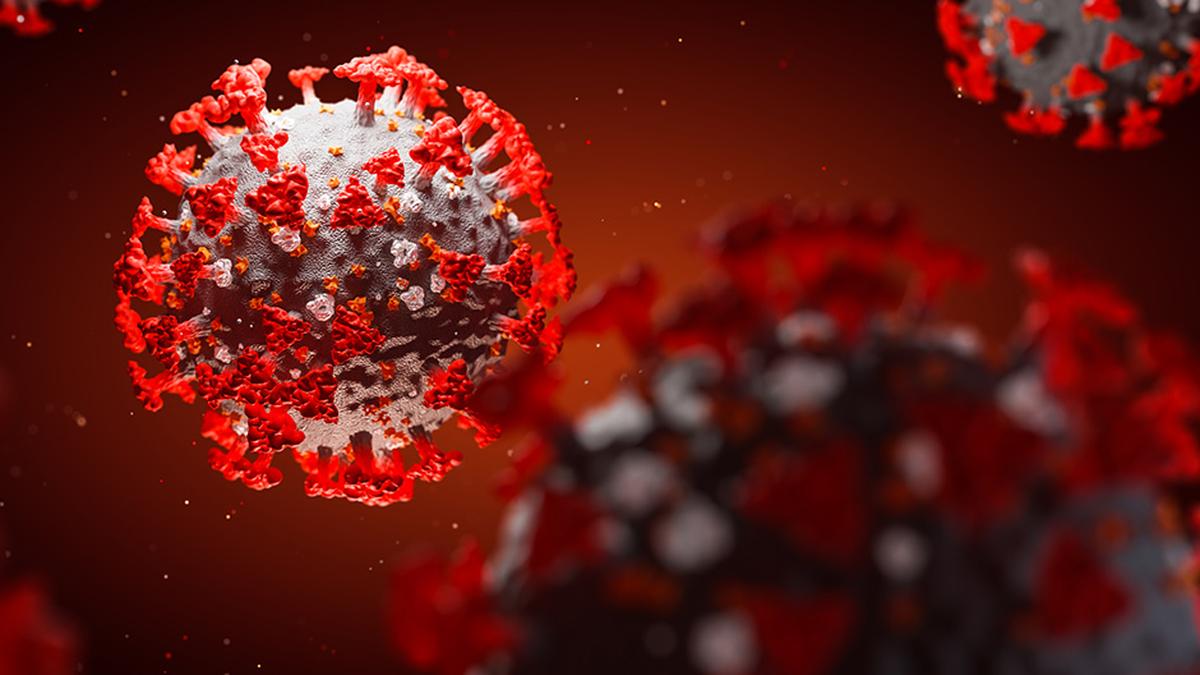AI could usher in a revolution in personalised care in the field of uro-oncology Premium

AI could usher in a revolution in personalised care in the field of uro-oncology Premium
“Change is the only constant thing” goes the saying, and this is definitely accurate for the constantly-evolving medical field. In spite of many advancements in the health sector, many unmet needs continue to remain.
For instance, a practicing urologist may face many challenges in the accurate detection of urological cancers in its early stages, accurate staging of the cancer or in providing appropriate treatment. The integration of Artificial Intelligence (AI) into uro-oncological care however, may assist urologists to diagnose, treat, and manage urological cancers. On the eve of World Cancer Day, let us discuss how AI can transform urological cancer care.
Urological cancers are often described as silent killers, as most of these cancers, in the early stages do not show any kind of symptoms. Available biomarkers such as PSA (Prostate specific antigen) for testicular cancer or testicular tumor markers are very non-specific. These markers may also rise in non-cancerous conditions. Hence detection of these cancers in the early stages through imaging is key to offering curative treatment.
AI can help doctors spot cancers more accurately by analysing medical images and data. For example, AI systems can review MRI scans, CT scans, and ultrasound images to detect any urological cancer with greater precision. Machine learning algorithms are trained on vast datasets to identify patterns that may be missed by the human eye. This reduces diagnostic errors and increases early detection rates.
In recent years, we have seen a paradigm shift from a “one size fits all” treatment regime where a single treatment plan is applied to all patients, regardless of their individual characteristics, to a more personalised “precision medicine” approach that tailors treatment based on individual needs. By integrating clinical guidelines, patient-specific data, and research findings, AI systems can generate tailored treatment plans as per the patient’s particular needs. AI can also predict how a patient might respond to treatments based on their medical history, genetic profile, and cancer type.
For instance, in prostate cancer management, AI can help determine whether active surveillance, surgery, radiation therapy, or focal therapy is the most appropriate course of action. AI can also assist in radiation therapy plans by precisely targeting tumour sites while sparing healthy tissues. Doctors can use AI to evaluate the suitability of new therapies, such as immunotherapy and targeted treatments.
The advent of robotic surgery has revolutionised uro-oncological procedures with added advantage of better vision as well as freedom of movement to perform surgery with precision. AI can make robotic-assisted surgeries more precise and safer. These systems can guide surgeons during complex operations, providing real-time feedback and helping to prevent mistakes. AI algorithms can analyse surgical videos and sensor data to enhance the accuracy of robotic movements.
AI-powered tools like mobile apps can track patients’ health after treatment. These devices can collect data on vital signs, physical activity, and medication adherence. AI algorithms can analyse this data to detect early signs of cancer recurrence or other health issues, allowing doctors to act quickly.
For example, AI can identify subtle changes in urinary patterns or blood markers that may indicate a recurrence of bladder cancer. This enables timely interventions and improved outcomes.
AI can also review electronic medical records (EMRs) to spot patterns that might indicate a patient’s condition is worsening. By integrating AI with EMRs, healthcare providers can receive alerts for potential complications, enabling proactive care and reducing hospital visits.
AI in healthcare faces several challenges, one of which is ensuring data privacy and security. Sensitive patient information must be protected to prevent breaches and unauthorised access. Robust encryption and data governance frameworks are essential to maintaining patient trust.
AI is set to revolutionise the treatment of urological cancers, leading to better diagnosis, more personalised treatments, and improved patient care. By combining technology with human expertise, we can create a future where patients receive more accurate and effective care. As AI continues to evolve, it holds the promise of transforming healthcare and improving outcomes for patients with urological cancers.
(Dr. C. Mallikarjuna, is Managing Director & Chief Consultant Urologist, Asian Institute of Nephrology and Urology Hyderabad.)










